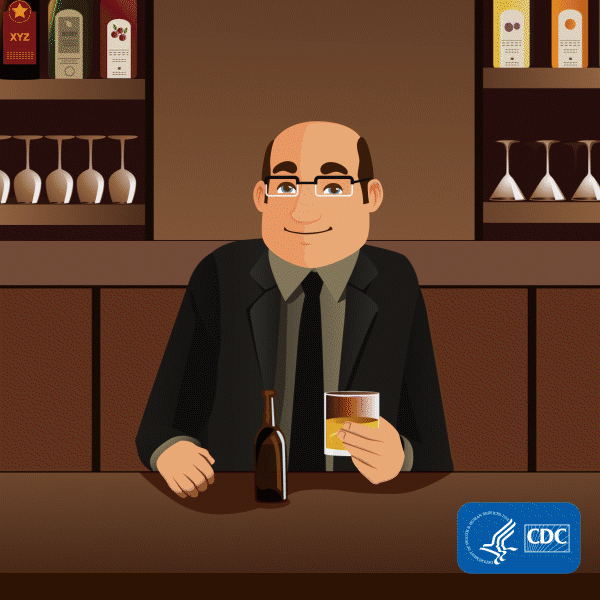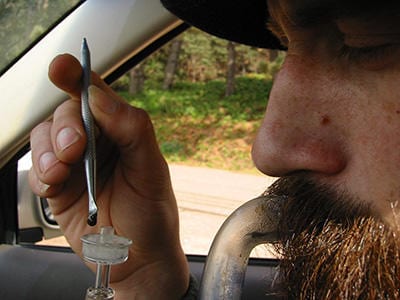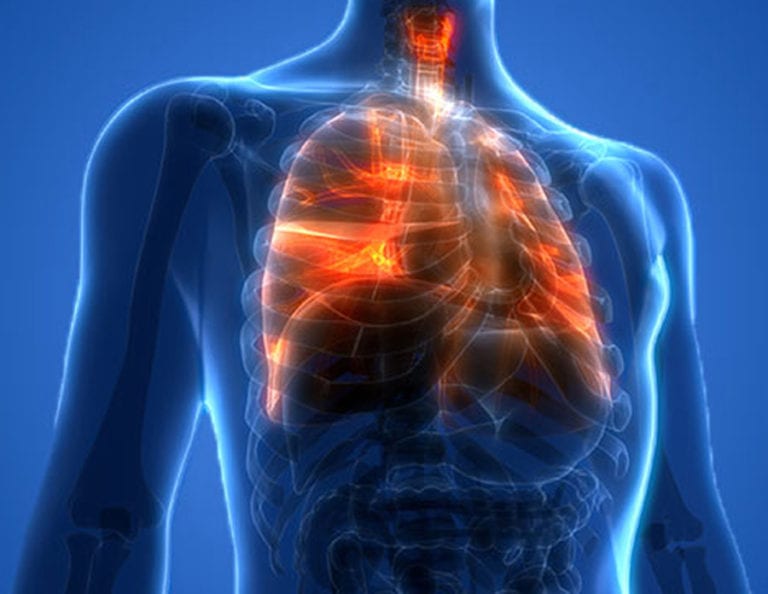VIDEO GAME ADDICTION
Anyone who has played a video game knows the experience can be exhilarating. It’s fun; it’s exciting, and it’s fascinating. While most of us can simply put down the video game and switch our attentions, there are some who cannot. Their personalities, histories and potentially genetic make-ups set the stage for them to become addicted to playing video games.
Video game addiction is not new, although it has surged since the Internet took hold. Now, it is possible for someone to find a game online any time of the day or night. To those with addictive personalities, it’s almost too good to be true. The problem comes when they eschew all the other responsibilities and realities of life to become “one” with the game and to gain the pleasure of immediate satisfaction through gaming.
VIDEO GAME ADDICTION STATISTICS
Researchers and social scientists have been troubled by video game addictions since the phenomenon first presented itself with the advent of video games in the 1970s and 1980s. Today, the term “gaming” has become a popular term used by people of all ages, not just teens. Ironically, video game addiction isn’t just for kids, either. Adults can have just as much trouble turning away from video games as children do.
Some of the more RECENT STATISTICS INVOLVING VIDEO GAME ADDICTION are quite startling and are definitely indicators it’s time to start taking this type of addiction as seriously as other addictions:
- In a survey, 41 percent of respondents said they play video games to escape from real life. These gamers were considered dependent on video games to avoid real life situations.
- Multiplayer games online appear to be the most addictive types of video games, perhaps because of the illusion of community they create.
- Students who are addicted to video games tend to score lower on their academic tests than their counterparts who are not addicted.
- Boys are more likely to become video game addicts than girls. Girls who are addicted tend to prefer games that involve puzzles and other interactive activities, rather than violence and aggression.
- Studies have shown the regions of the brain (the pleasure centers) that are activated in drug addicts and alcohol addicts are also activated in the regions of the brain of video game addicts.
- In Germany, a study showed up to 3.5 percent of teenagers who regularly were on the web demonstrated some form of video game addiction.
- A research study found that out of 7,000 self-proclaimed gamers, approximately 12 percent of them were video game addicts.
With information like this, it’s important everyone becomes aware video game addiction is not to be taken lightly.
RISK FACTORS FOR VIDEO GAME ADDICTION
Why do some people become video game addicts, while others seem to have no problem turning away from the game? The answer might lie in risk factors such as the following:
- The video game addict has been sexually or emotionally abused and is trying to escape from the situation.
- The video game addict has been bullied by their peer group and is seeking acceptance in an alternative community.
- The video game addict is socially awkward and does not feel comfortable interacting with people in a real environment.
- The video game addict’s parents or siblings are also addicted to playing video games, making it a family pastime.
- The video game addict seeks out gaming as a way to show their aggression toward the world, or deal with anger.
- The video game addict has little control in their own life, so they turn to gaming to feel confident.
- The video game addict has lowered self-esteem and constantly uses video games to elevate feelings of self-worth.
- The video game addict is left alone for long periods of time and turns to gaming — especially multi-player gaming — as a source of community and comfort.
- The video game addict suffers from untreated depression and uses video games to get a “high” to combat their moods.
- The video game addict is spontaneous and rash by nature and is unable to control their impulsivity.
- The video game addict has a history of addiction (i.e., to work, love, drugs, nicotine).
If you notice you have one or more of these risk factors and causes of video game addictions, and you regularly game, you may already be addicted to video games. It’s important not to try to go it alone if you want to overcome this problem. Always seek out treatment from a trained expert who can guide you through the journey to recovery, including proven solutions to video game addiction.
HOW TO KNOW IF YOU’RE ADDICTED TO VIDEO GAMES
Are you worried you, or someone you know, is a video game addict? Answer this brief assessment to help you find out:
- Do you play video games for hours and hours, sometimes not eating or sleeping so you can stay in the game?
- Is gaming more important to you than hanging out with people in “real life?”
- When you finish playing a video game, do you feel a sense of pleasure and want to get that “high” again?
- Do you have trouble stepping away from video games or stopping play?
- Can you leave a video game in the middle of play for an emergency?
- Have you ever hidden your gaming because you were embarrassed by how often you play?
- Have people told you that you play too many video games or you’re addicted to video games?
- Do you become moody or angry when you can’t play video games?
- Have you ever played video games when you should be working?
- Have you ever lost a job because you were playing video games, or you missed work because of gaming?
- Has gaming hurt your relationships with your loved ones?
- Have you spent money on gaming you should have spent on bills or paying down debt?
The more “yes” answers you have, the greater your chances are you may be addicted to video games. In that case, you deserve to get help immediately. Call a treatment center or therapist who has experience in video games addiction. You’ll be glad you took the first step toward recovery.
HOW PARENTS CAN HELP THEIR KIDS AVOID VIDEO GAME ADDICTION
Because video game addiction so often happens in childhood, it’s important for parents to recognize they play a huge role in stopping video game addiction in children. Moms and dads should be ready to address this subject, and they can take several proactive steps to help their kids avoid becoming video game addicts.
If you’re a parent of a child who enjoys playing video games, or who hasn’t yet started playing video games, the following suggestions may prevent a future issue:
- Talk to your child about the risks of video games.Make sure they understand (at an age-appropriate level) gaming is meant to be a fun activity, but it should not be all-consuming.
- Know which video games your child is playing.Most video games are rated, but don’t assume the ratings are up to your standards. Check each game thoroughly, and you may even want to play a game with your child.
- Limit the time your child is allowed to play video games.Some parents make video gaming only available on the weekend. This eliminates worries about gaming interfering with schoolwork or grades.
- Make video game playing a seldom-offered reward for a job well done.For instance, if your son comes home with all “A”s on a report card, you may allow him to play a favorite video game for an extra hour or two.
- Monitor all computer and device activity.Children who want to play video games will often sneak around. Make it a practice to check your child’s technology equipment regularly for signs of video game usage.
- Watch for signs of video game addiction violence.If you tell your child to stop playing a game, do they suddenly lash out? When they can’t play, do they withdraw from you? This is a signal you need help right away from A THERAPIST OR TREATMENT CENTER.
- Make your child aware of things to do other than video games.Redirect their attentions on more positive activities, such as playing outside or helping older neighbors with chores.
- Deal with your own video game addiction and recovery.If you’re addicted to video games, it’s going to be impossible to tell your child not to play.
By being aware of what’s happening with your son or daughter, you’ll be in a much better position to stave off long-term problems associated with video game addiction.
THE EFFECTS OF VIDEO GAME ADDICTION
Left untreated, video game addiction is very unlikely to go away on its own. Like all other addictions, intervention and treatment is the key to ending any cycle of abusive behavior. And make no mistake — video game addiction not only abuses the gamer, but also those around them.
The effects of video game addiction have been documented around the world:
- Video game addicts are less likely to succeed in life.
- Video game addicts may suffer from lifelong low self-confidence.
- Video game addicts may never have a fulfilling career or relationships.
- Video game addicts are at risk of depression, and potentially suicide.
- Video game addicts are at risk of developing headaches.
- Video game addicts are at risk of insomnia.
- Video game addicts may become obese, which can lead to other problems, such as diabetes and hypertension.
Society doesn’t need more video game addicts. It needs more productive people.
HOW VIDEO GAME ADDICTION IS TREATED
The treatment plans typically used for video game addicts will vary according to the person being treated. However, there are some steps habitually used by therapists who are focused on working with this type of addiction:
- The behavior is stopped.This is called going “cold turkey” in some circles, and it can cause significant withdrawal symptoms. When accompanied by therapy, the withdrawal can be controlled.
- A plan of action is created.This plan includes a listing of the triggers associated with video game addiction. For instance, an addict may find they play video games when they are stressed out. Thus, the next time the person is under serious anxiety, they can recognize this as a trigger and do something different and healthier, such as going for a walk, calling a friend or journaling.
- Daily schedules and routines are developed.Having a daily routine can be an asset to video game addicts because their days are mapped out. When they are just beginning treatment, this can be a powerful ally in keeping them focused on getting better and not turning to gaming.
- Ongoing therapy sessions are scheduled.Therapy is essential to overcoming addictions, including video game addictions. Therapy sessions will help restore self-confidence and allow the addict to move past whatever was holding them back.
- Group sessions may be prescribed.These sessions are similar to AA meetings, where each member of the group expresses support for the others dealing with an addiction.
Other forms of treatment that may be utilized or suggested could be rewards for not playing video games, art therapy and music therapy. Depending upon the video game addiction level, inpatient treatment centers may be a better fit for the addict, even if the addict is a teenager.
WHAT TO DO AFTER A VIDEO GAME ADDICTION RELAPSE
Relapsing is a commonplace phenomenon in the area of treatment for video game addiction. A relapse can be considered part of recovery, however, and not an end to it. As soon as the relapse has occurred, it’s necessary for the video game addict to return to their treatment center or therapist. The faster a relapse is evaluated, the sooner the addict can continue toward complete recovery.
If you’re the parent of a child or teen who has undergone treatment for video game addiction, and you suspect a relapse has occurred, do not hesitate to take action. You may feel uncomfortable confronting your child with your suspicions, but it’s better to have an awkward conversation than to enable them to experience a full-blown video game addiction again.
CAN A VIDEO GAME ADDICT EVER PLAY VIDEO GAMES AGAIN?
There’s an old saying: “Once an addict, always an addict.” If this statement is to be taken conclusively, it means someone who has been diagnosed as a video game addict should avoid video games in the future. Even one video game session could lead to a relapse.
The good news is UNLIKE FOOD ADDICTS WHO NEED TO EAT, video game addicts do not have to play video games. Of course, for kids who are addicted to video games, not gaming may mean not going to social events like parties and other celebrations where gaming will be available. This is similar to the practice of alcoholics not going to functions where alcoholic beverages are likely to be served.
In general, it’s best if the video game addict never returns to gaming. That way, they have a much better chance of beating the addiction completely.
 This legislation is called the Family Support Services for Addiction Act. And its existence is huge! Why?
This legislation is called the Family Support Services for Addiction Act. And its existence is huge! Why?



.jpg)











